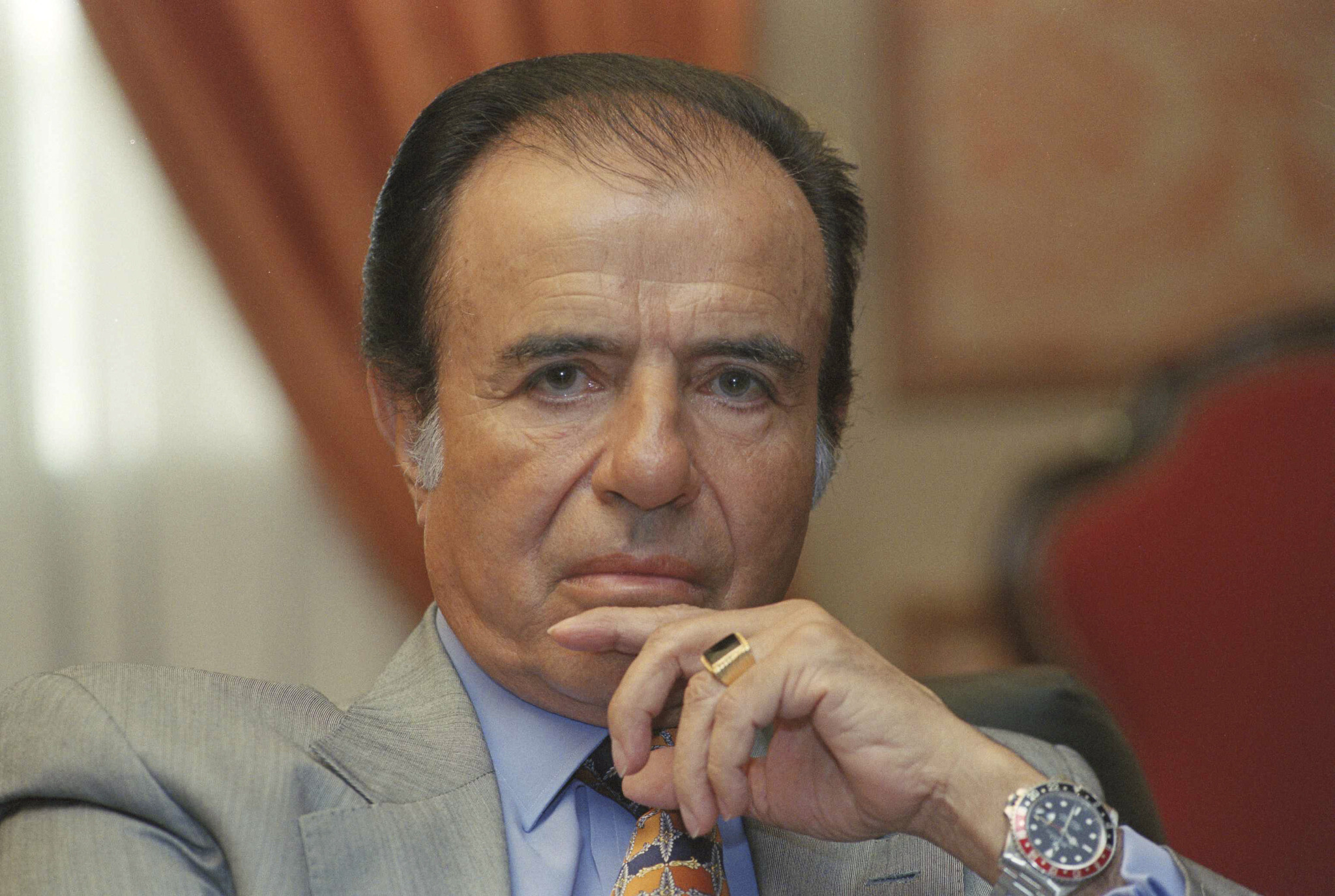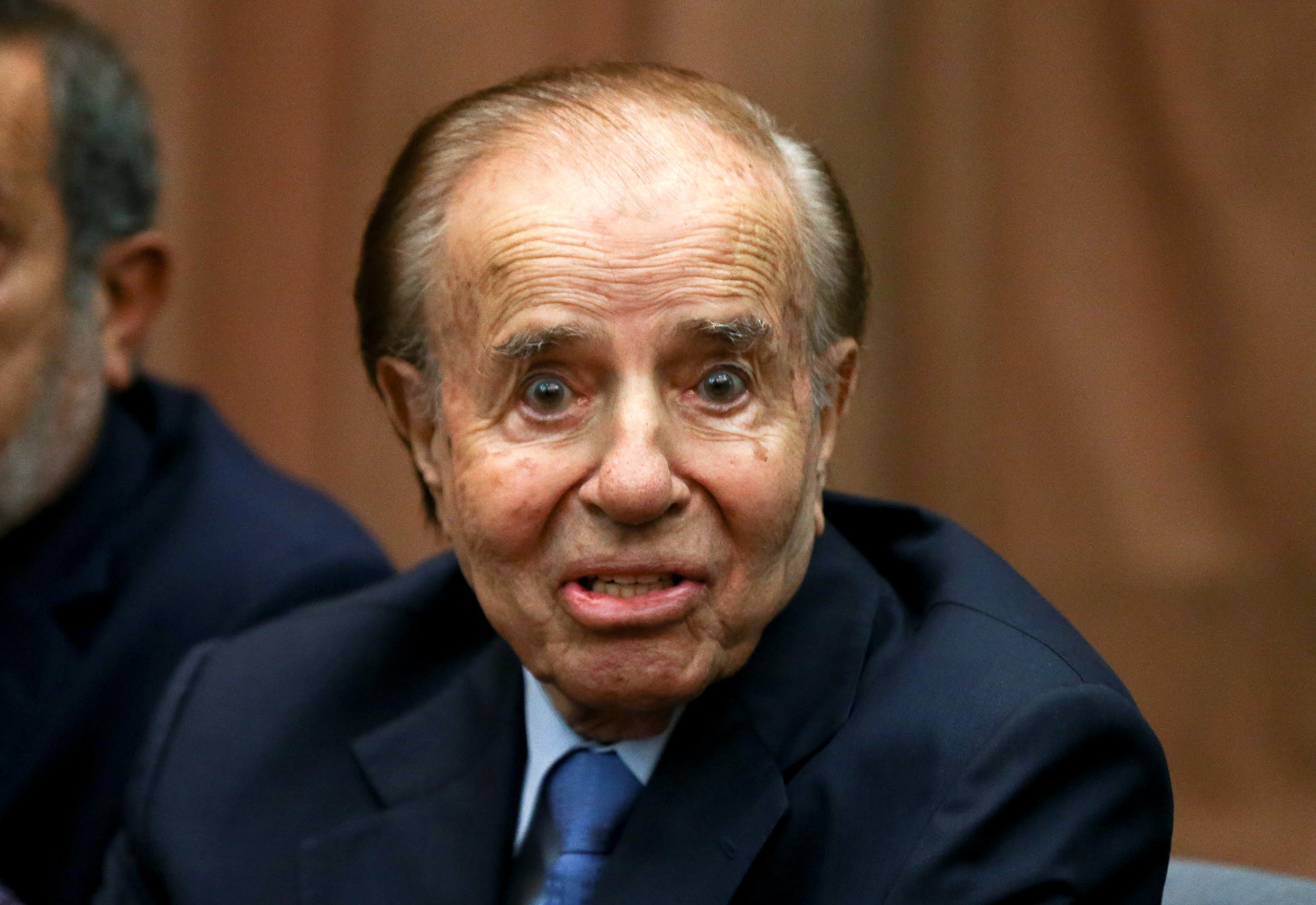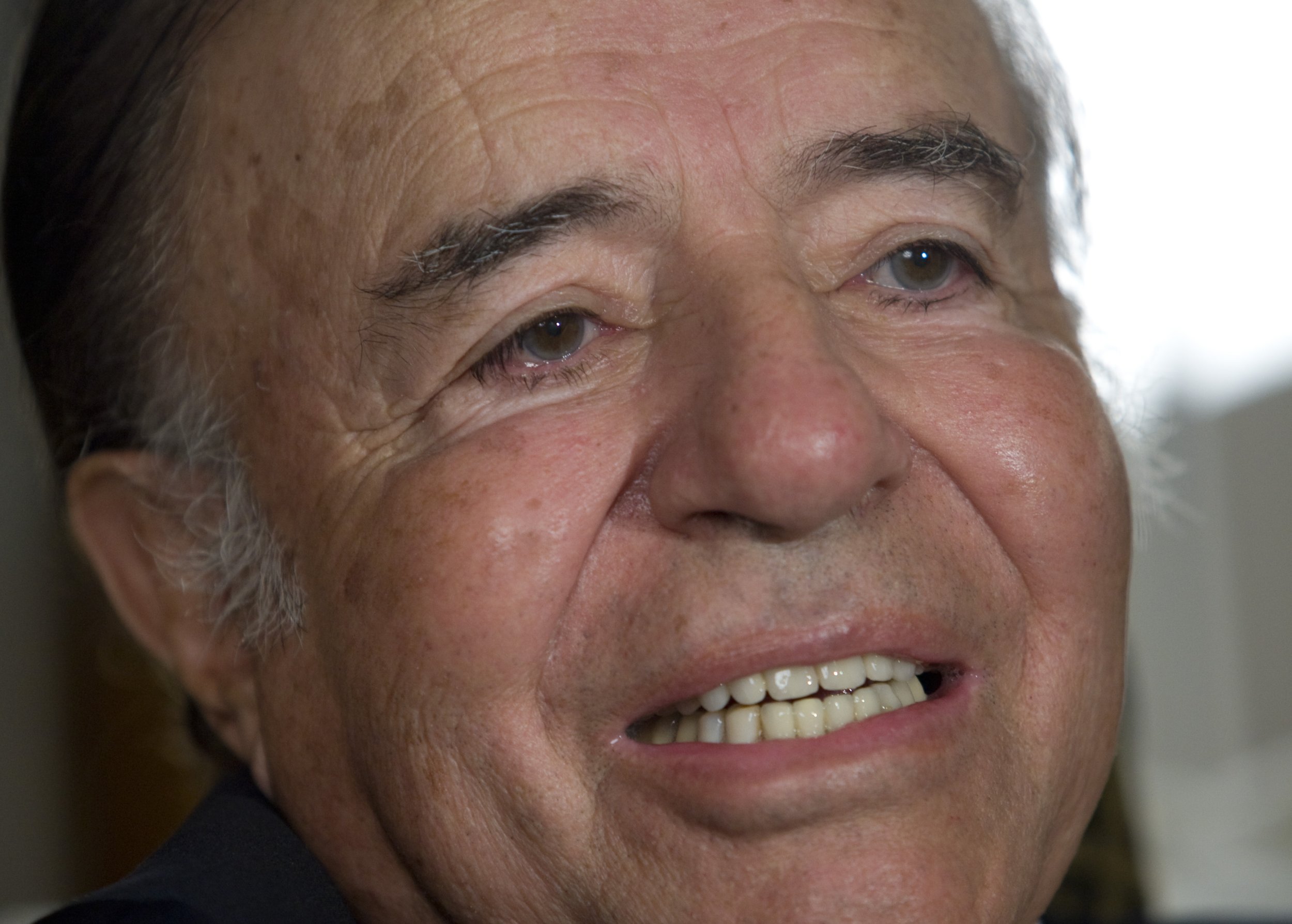Carlos Menem: A Complex Legacy of Economic Reforms
Introduction
Carlos Menem, who served as President of Argentina from 1989 to 1999, is remembered as a divisive figure whose neoliberal economic reforms left an enduring impact on the country. This essay aims to critically examine the complexities of Menem's presidency, analyzing both the praise and criticism that his economic policies received. By examining different perspectives, engaging with scholarly research, and weighing the evidence, we will explore the enduring legacy of Menem's presidency.
The Implementation of Neoliberal Reforms
Upon assuming office, Menem embarked on a radical economic program known as the "Washington Consensus." This neoliberal approach emphasized privatization, deregulation, and free trade. The sale of state-owned industries, including the energy sector and the telecommunications industry, was a central pillar of this program. Additionally, Menem implemented strict austerity measures, reducing government spending and privatizing social services.
Short-Term Economic Benefits
Supporters of Menem's policies argue that they brought about significant short-term economic benefits. The privatization of state-owned industries led to increased efficiency and investment, resulting in economic growth and job creation. Additionally, the strict austerity measures helped to reduce inflation and stabilize the economy, which had been plagued by hyperinflation in the 1980s.
Social and Economic Disparities
However, Menem's economic policies also came with significant social and economic costs. The privatization of essential services, such as healthcare and education, led to a widening gap between the wealthy and the poor. Many Argentinians were left with reduced access to basic services, while the proceeds from privatization often went to foreign investors. Additionally, the austerity measures resulted in job losses and cuts to social programs, disproportionately affecting the most vulnerable sectors of society.
Political Controversies
Furthermore, Menem's presidency was marked by political controversies and alleged corruption. His administration was accused of human rights violations, including the pardoning of military officials who had committed crimes during the "Dirty War" of the 1970s and 1980s. Allegations of corruption, including bribery and money laundering, also plagued Menem's presidency, tarnishing his legacy.
Long-Term Economic Consequences
In the long run, the economic consequences of Menem's policies proved to be mixed. While some sectors of the economy benefited, the overall distribution of wealth became more unequal. The privatization of state-owned industries led to a loss of economic sovereignty, as foreign corporations gained control over key sectors of the economy. Additionally, the social and economic disparities created during Menem's presidency laid the groundwork for the economic crisis that Argentina experienced in 2001.
Conclusion
Carlos Menem's presidency was a complex and contradictory period in Argentine history. His neoliberal economic reforms brought about both short-term economic benefits and long-term social and economic challenges. Critics argue that the policies exacerbated inequality and undermined the country's economic sovereignty, while supporters maintain that they were necessary to stabilize the economy and promote growth.
Ultimately, the legacy of Menem's presidency remains contested. However, it is undeniable that his economic policies had a profound impact on Argentina, shaping its political, social, and economic trajectory for years to come. By critically examining the complexities of Menem's presidency, we gain a deeper understanding of the enduring challenges and choices that Argentina continues to face today.
2024 Bowl Game Schedule: Complete College Football Matchups For December 30
Keiko Kitagawa: From Model To Prominent Actress
Will Smith: The Superstar Who Conquers Every Genre



